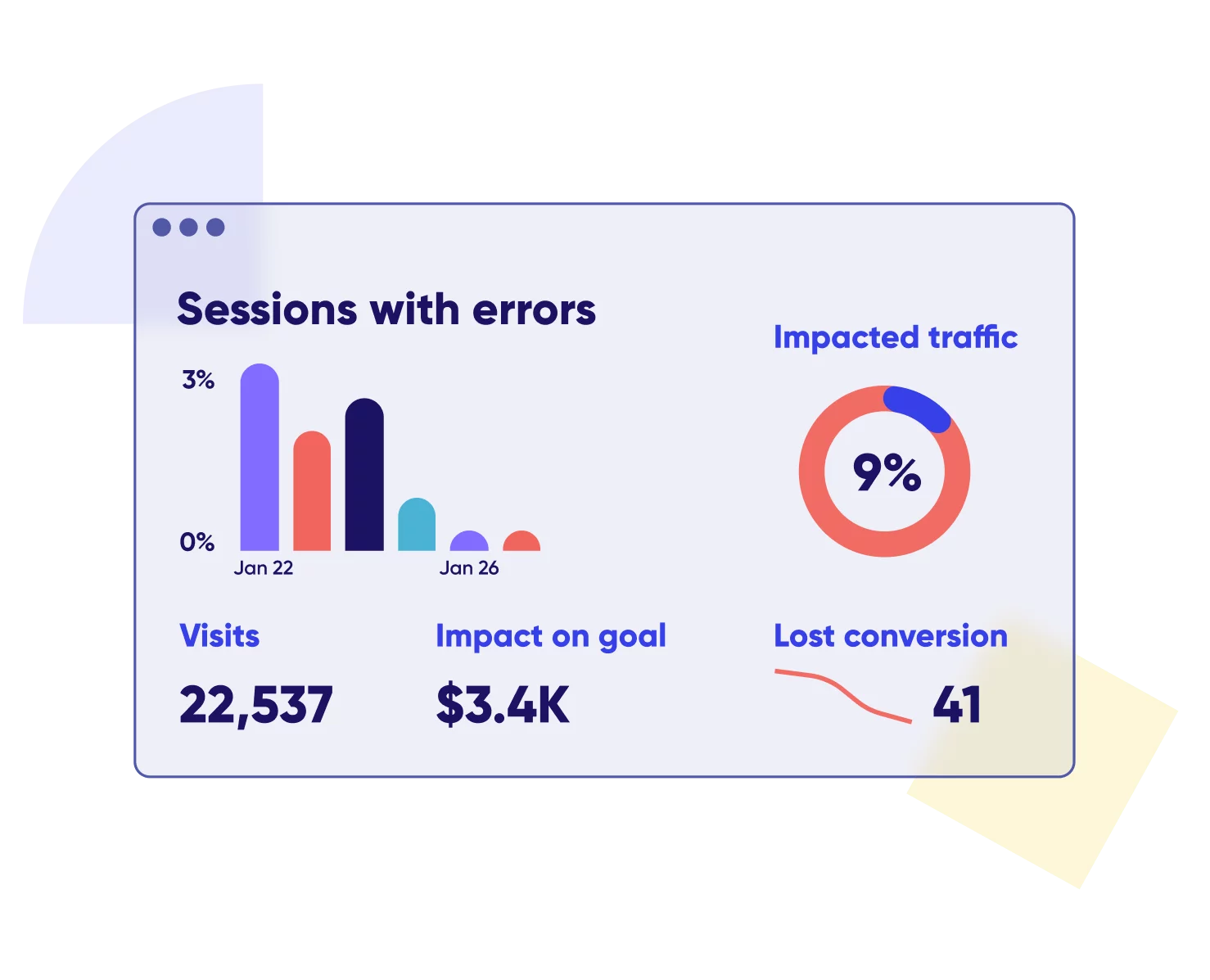
Fix the errors that hurt the worst.

Intelligent Customer Experience (ICX) signifies a new era in customer relationship management, where technologies such as AI customer service, customer analytics, and data-driven personalization are leveraged to enhance customer satisfaction. The primary aim is to forecast customer requirements, comprehend their preferences, and offer solutions even before the customer realizes they need them. This proactive approach not only amplifies customer satisfaction but also strengthens customer loyalty, fostering business growth.
The concept of ICX stems from the realization that today’s customers are more knowledgeable and demanding, expecting businesses to understand their needs and provide personalized experiences across all touchpoints. ICX empowers businesses to meet these expectations by harnessing advanced technologies to gain insights into customer behavior and deliver personalized experiences. The implementation of ICX is crucial for businesses to remain competitive in today’s digital age, requiring a shift from reactive to proactive customer engagement.
Failing to adopt ICX could result in businesses losing customers to competitors who are better equipped to meet the evolving customer expectations. A successful ICX strategy involves a shift from being product-centric to customer-centric, focusing more on customer satisfaction and customer intelligence.
Intelligent Customer Experience is the application of advanced technologies to deliver personalized, predictive, and proactive customer experiences. It involves understanding the customer journey through customer journey mapping, anticipating their needs, and providing real-time solutions. This approach transcends traditional customer service, creating a seamless and engaging customer experience across all touchpoints.
Central to Intelligent Customer Experience is the use of data. Businesses can harness customer analytics to gain insights into customer behavior, preferences, and needs. This information is then used to personalize customer interactions, predict future behavior, and proactively address potential issues, thereby enhancing customer satisfaction.
Intelligent Customer Experience also involves the use of AI customer service and automation. These technologies enable businesses to automate routine tasks, provide instant responses, and deliver personalized experiences on a large scale. They also allow businesses to continuously learn from customer interactions and feedback, improving their services over time.
The key components of Intelligent Customer Experience include customer analytics, AI customer service, automation, and customer journey mapping. Customer analytics provide insights into customer behavior and preferences, enabling businesses to deliver personalized experiences. AI customer service and automation allow businesses to automate routine tasks, provide instant responses, and deliver personalized experiences at scale.
Customer journey mapping is another critical component of ICX. It involves tracking the customer’s journey across all touchpoints, understanding their needs and preferences at each stage, and providing solutions accordingly. This approach enables businesses to create a seamless and engaging customer experience, enhancing customer engagement.
Another key component of ICX is continuous learning and improvement. By continuously analyzing customer interactions and feedback, businesses can identify areas for improvement and make necessary adjustments. This approach ensures that businesses stay ahead of customer expectations and deliver superior customer experiences.

Fix the errors that hurt the worst.
AI and automation play a critical role in Intelligent Customer Experience. They enable businesses to automate routine tasks, provide instant responses, and deliver personalized experiences at scale. By automating routine tasks, businesses can free up resources for more strategic initiatives. Instant responses not only improve customer satisfaction but also increase efficiency.
AI customer service and automation also enable businesses to deliver personalized experiences at scale. By analyzing data from various sources, AI can understand customer behavior and preferences, and deliver personalized experiences accordingly. Automation allows businesses to deliver these experiences across all touchpoints, ensuring a seamless and engaging customer experience.
Finally, AI and automation enable continuous learning and improvement. They allow businesses to learn from customer interactions and feedback, identify areas for improvement, and make necessary adjustments. This approach ensures that businesses stay ahead of customer expectations and deliver superior customer experiences.
In the dynamic business landscape, data-driven insights are fundamental to achieving customer satisfaction. These insights, derived from rigorous customer analytics, equip organizations with the ability to make informed decisions, streamline operations, and deliver superior AI customer service. The transition from intuition or experience-based decision-making to a data-driven approach has revolutionized customer relationship management, offering tangible benefits in terms of efficiency, accuracy, and predictability.
Data-driven insights are the cornerstone of customer intelligence. They provide a strategic advantage in an omnichannel marketing environment, enabling businesses to identify trends, anticipate customer needs, and adjust strategies accordingly. This is especially critical in the realm of customer experience (CX). By leveraging customer analytics, businesses can understand customer behavior, preferences, and expectations, thereby personalizing their offerings to meet these specific needs. Such an approach leads to improved customer satisfaction, loyalty, and ultimately, increased profitability.
Moreover, data-driven insights offer a robust mechanism for customer journey mapping. They provide quantifiable metrics that can be used to assess performance and identify areas for improvement. This objective evaluation allows businesses to continually refine their customer engagement strategies, leading to continuous improvement and growth. In the context of CX, this means being able to track customer interactions, measure satisfaction levels, and identify pain points, enabling businesses to continuously enhance their customer experience.
In conclusion, data-driven insights are a vital tool in the digital age. They provide a foundation for informed decision-making, strategic planning, and performance evaluation. They are the key to understanding customers and delivering exceptional CX. As such, businesses that leverage customer feedback and data-driven insights are better positioned to thrive in the competitive business landscape.

Fix the errors that hurt the worst.